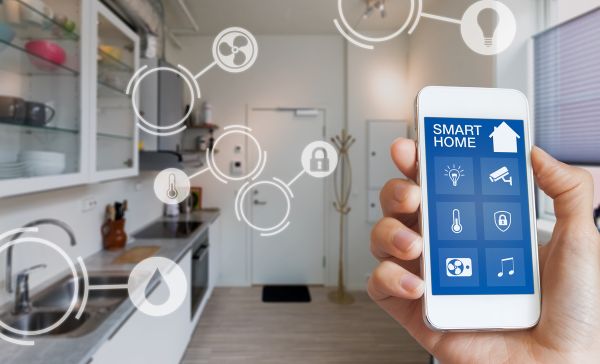
The IoT Dilemma: Exploring the Pros and Cons of Excessive IoT Adoption in Homes and Offices
The Internet of Things (IoT) has revolutionized the way we live and work, connecting devices and enabling seamless communication. However, the overuse of IoT in homes and offices comes with its own set of advantages and disadvantages. In this article, we will delve into the pros and cons of excessive IoT adoption, shedding light on the potential benefits and drawbacks that individuals and organizations should consider.
- Enhanced Convenience and Efficiency:
One of the primary advantages of overusing IoT in homes and offices is the enhanced convenience and efficiency it brings. With interconnected devices, individuals can automate various tasks, such as controlling lighting, temperature, and security systems remotely. This not only saves time but also improves energy efficiency, leading to cost savings and a reduced carbon footprint. - Improved Productivity and Connectivity:
Excessive IoT adoption can significantly improve productivity in office environments. Connected devices enable seamless communication and collaboration, allowing employees to share information and work together more efficiently. Moreover, IoT-powered analytics and data collection can provide valuable insights, enabling businesses to make data-driven decisions and optimize their operations. - Enhanced Safety and Security:
IoT devices offer advanced security features that can enhance safety in both homes and offices. Smart surveillance systems, for example, provide real-time monitoring and alerts, deterring potential intruders and ensuring the safety of occupants. Additionally, IoT-enabled fire detection and prevention systems can detect hazards early, minimizing the risk of property damage and personal injury. - Privacy and Data Security Concerns:
While IoT offers numerous benefits, it also raises concerns about privacy and data security. With an excessive number of interconnected devices, the risk of unauthorized access and data breaches increases. Hackers can exploit vulnerabilities in IoT networks, compromising sensitive information and potentially invading personal privacy. Therefore, it is crucial for individuals and organizations to implement robust security measures and regularly update their IoT devices to mitigate these risks. - Dependency and Reliability Issues:
Over-reliance on IoT devices can lead to dependency and reliability issues. In homes, a sudden network outage or malfunctioning device can disrupt daily routines and cause inconvenience. Similarly, in offices, system failures can halt operations and result in productivity losses. It is essential to have backup plans and alternative solutions in place to mitigate the impact of such issues.
Conclusion:
The overuse of IoT in homes and offices presents a double-edged sword. While it offers enhanced convenience, improved productivity, and advanced safety features, it also raises concerns about privacy, data security, and dependency. Striking a balance between IoT adoption and maintaining a secure and reliable environment is crucial. By understanding the pros and cons, individuals and organizations can make informed decisions about the extent of IoT integration in their homes and offices, ensuring they reap the benefits while mitigating the associated risks.


Average Rating